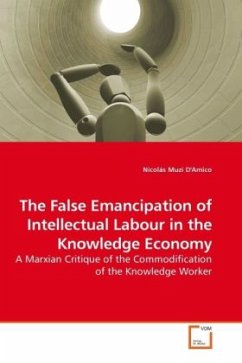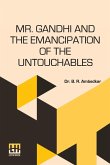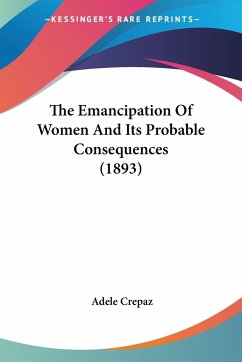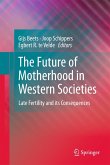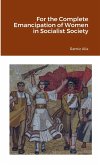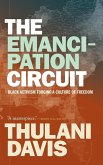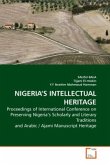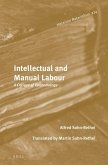Among the controversies surrounding the rise of the knowledge economy as a topic of social inquiry, the normative debate on the emancipatory versus alienating potential of intellectual labour is salient. Liberal theorists argue that self-realisation through work can be attained in the new economy as the means of production shift to the brain of the worker. However, the Marxian concept of formal subsumption of labour to capital demonstrates both the empowerment of intellectual labour vis-à-vis capital as well as the continuity of exploitative class relations. This continuity is guaranteed through the commodification of knowledge and the compulsion to wage-labour. The author argues that the strengthening of intellectual property rights and the introduction of special clauses in employment contracts are essential tools for the reassertion of the dominance of capital by means of appropriating the outcomes of intellectual labour. Real emancipation of labour can only be achieved beyondcapitalism. This book is of interest for anyone concerned with labour in contemporary capitalism. In particular, students researching economic sociology, political economy or historical materialism.
Bitte wählen Sie Ihr Anliegen aus.
Rechnungen
Retourenschein anfordern
Bestellstatus
Storno

